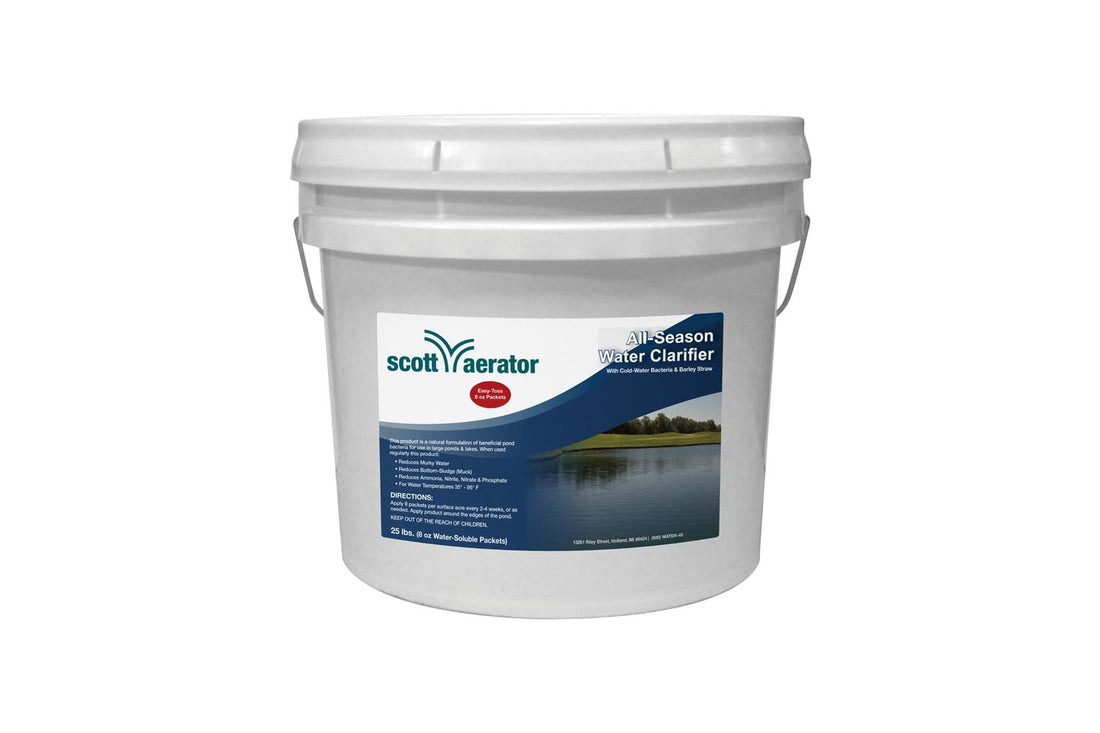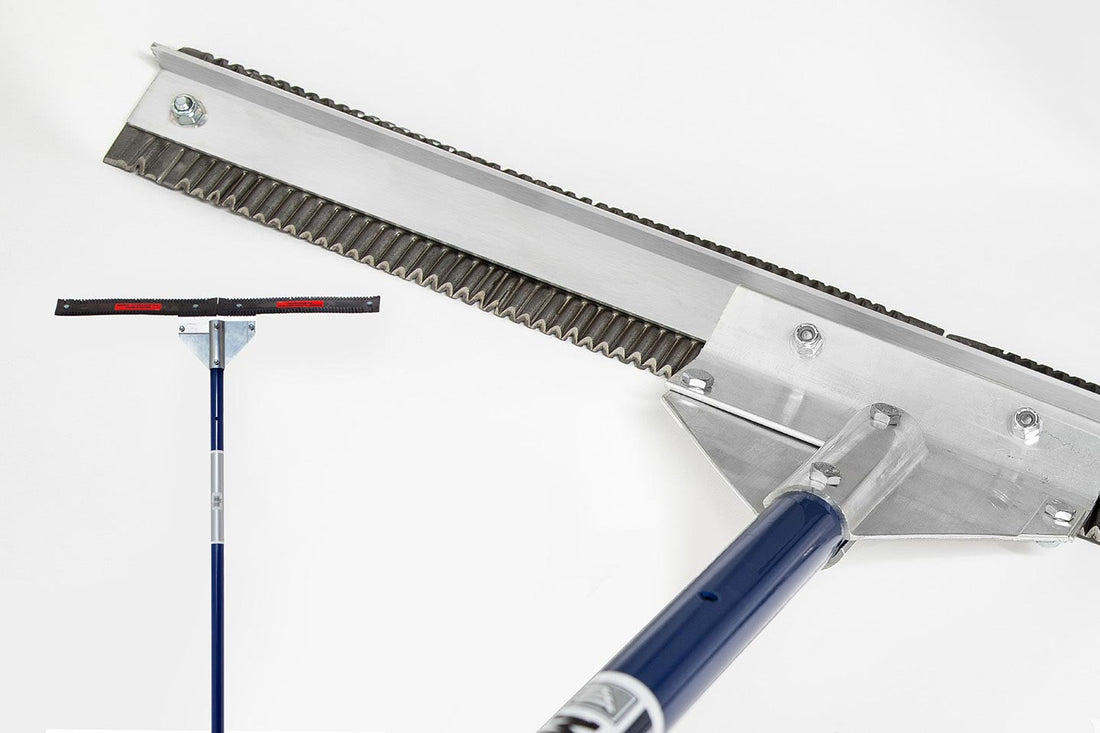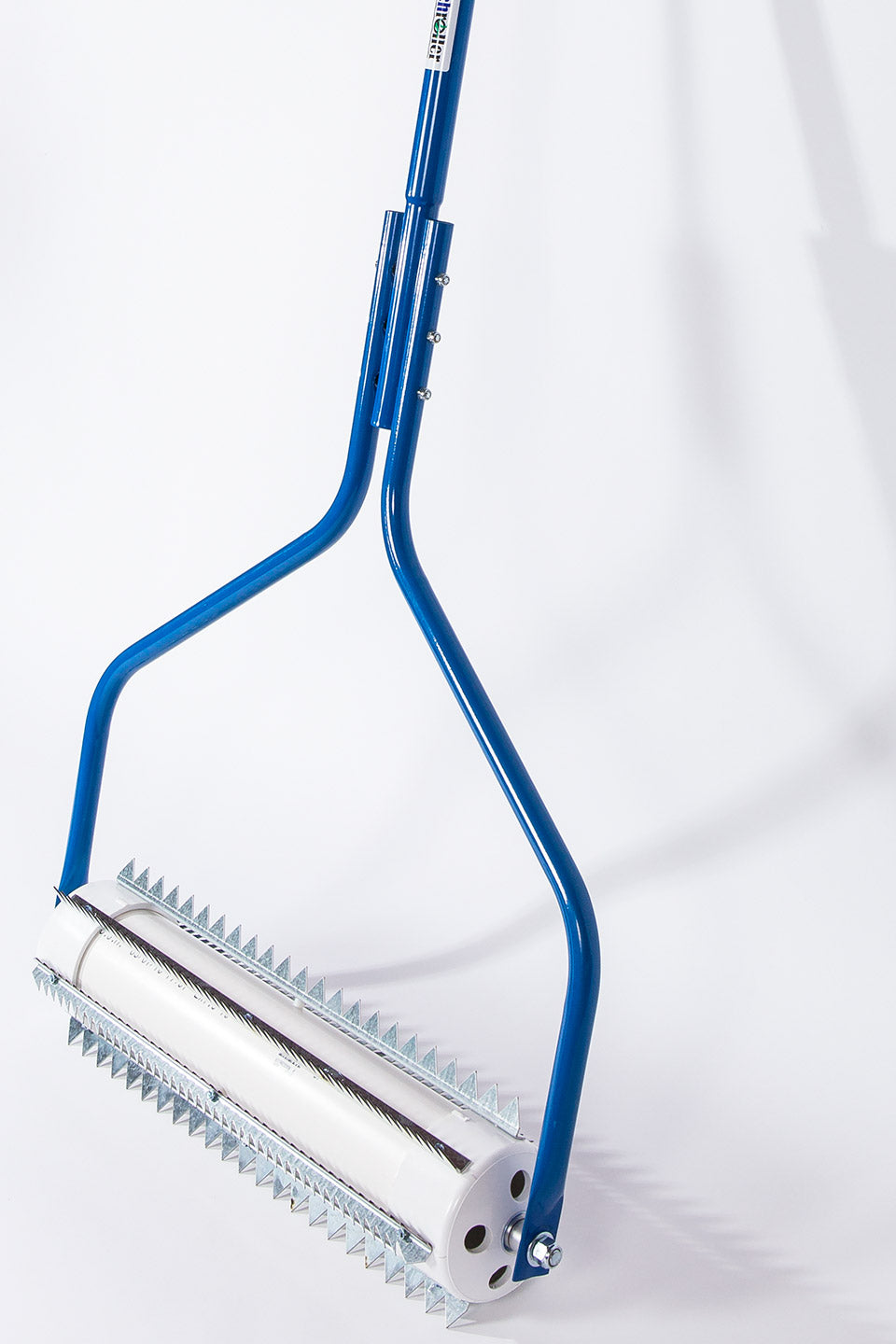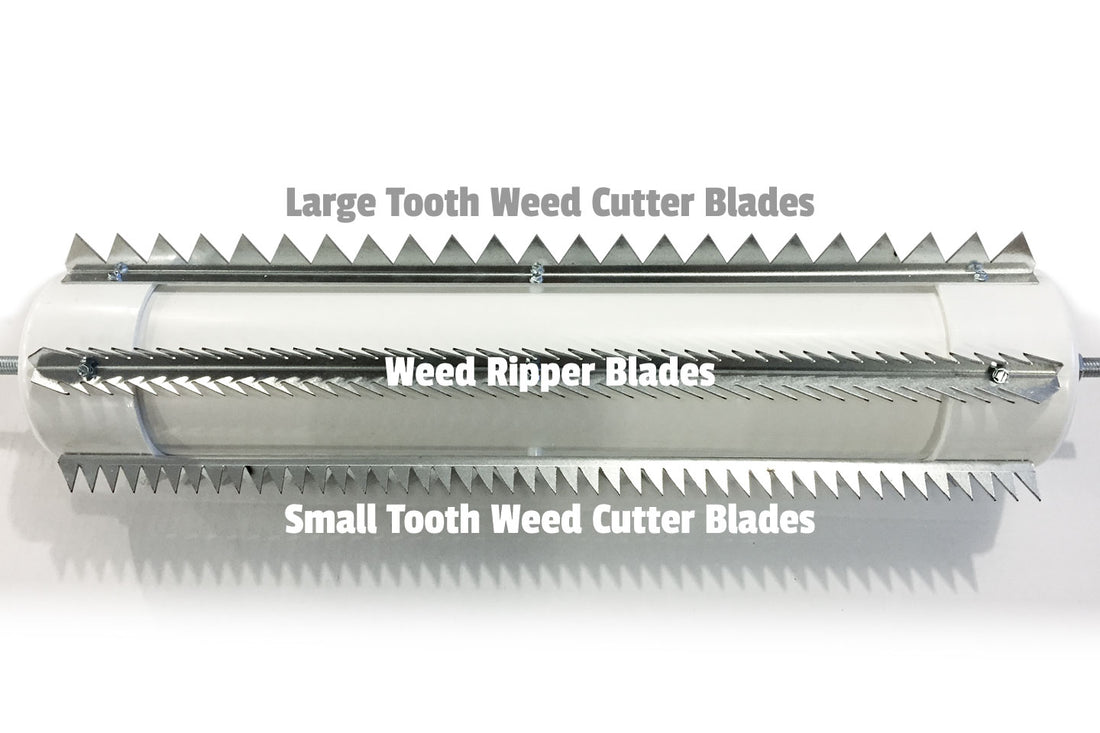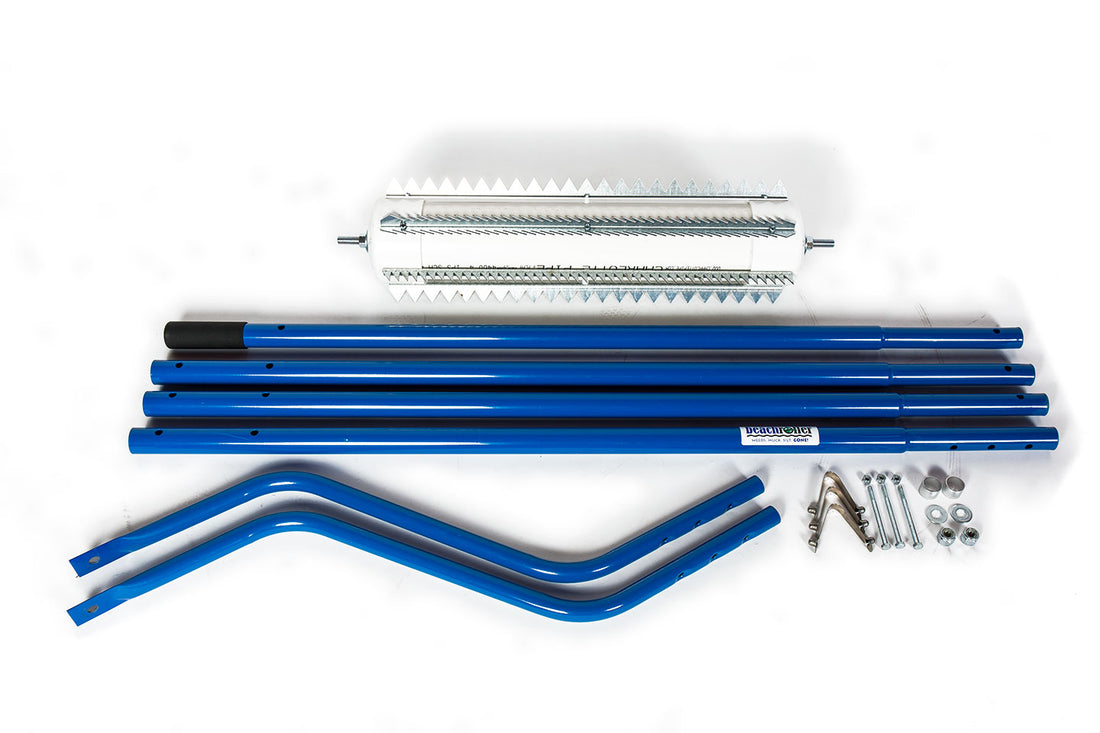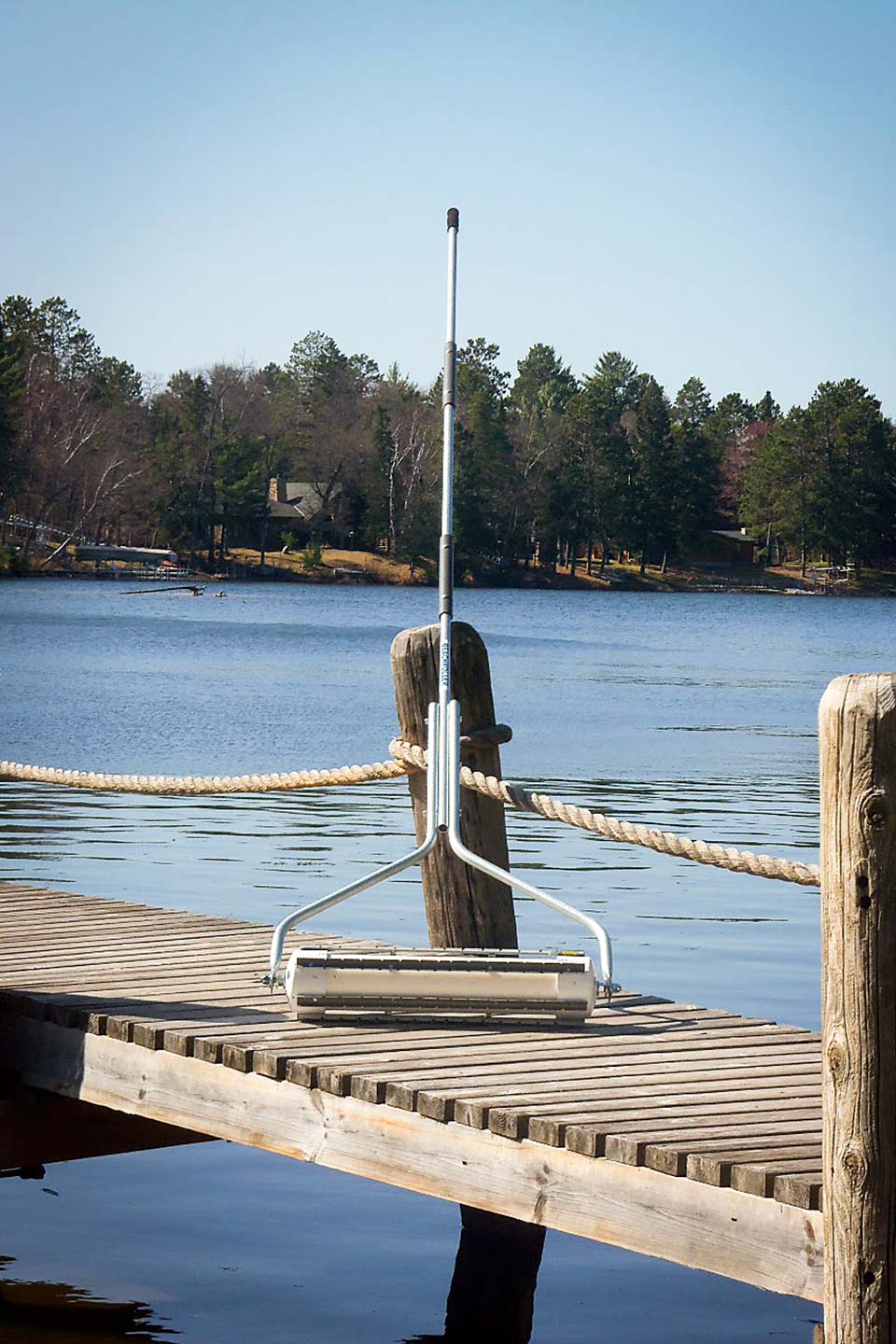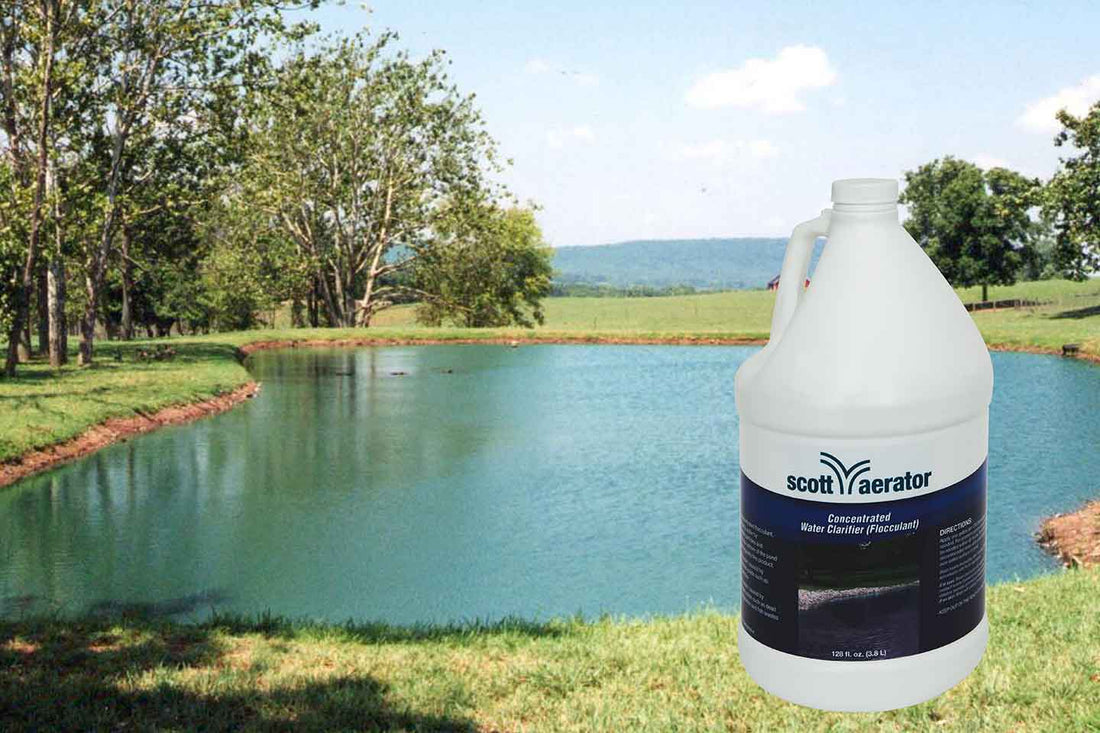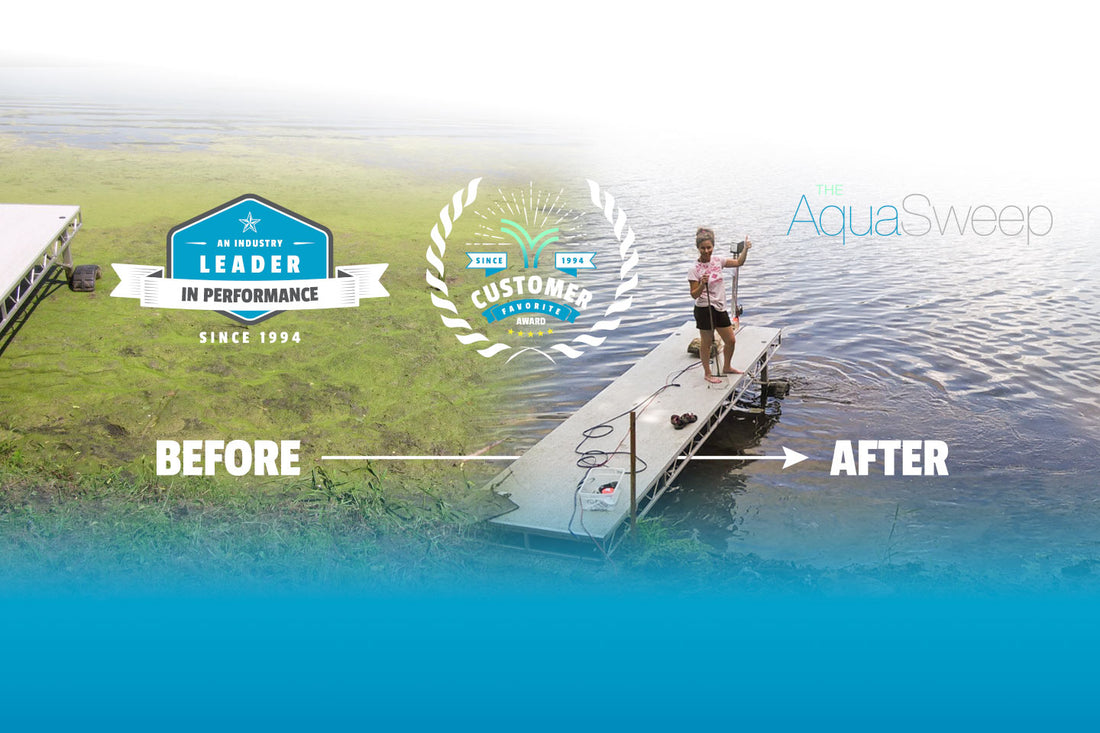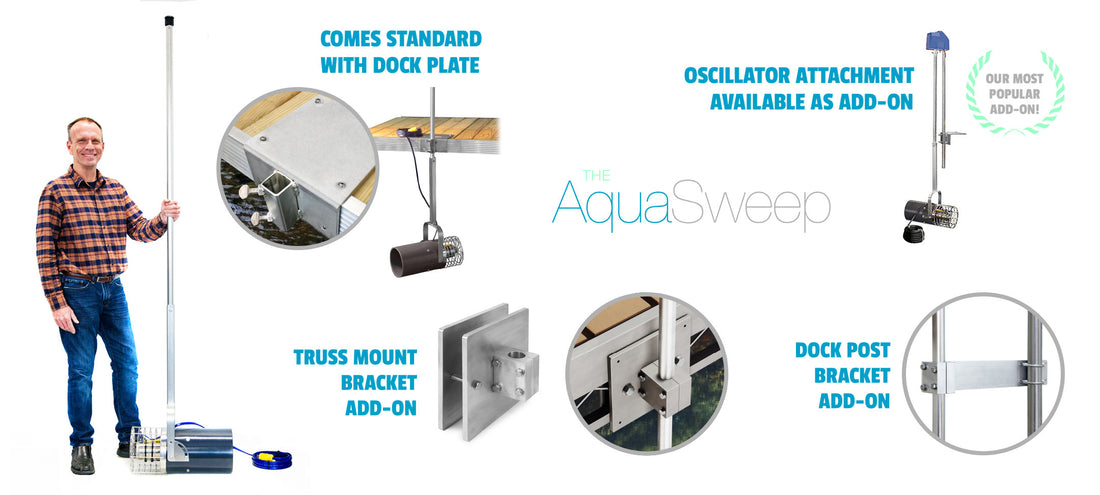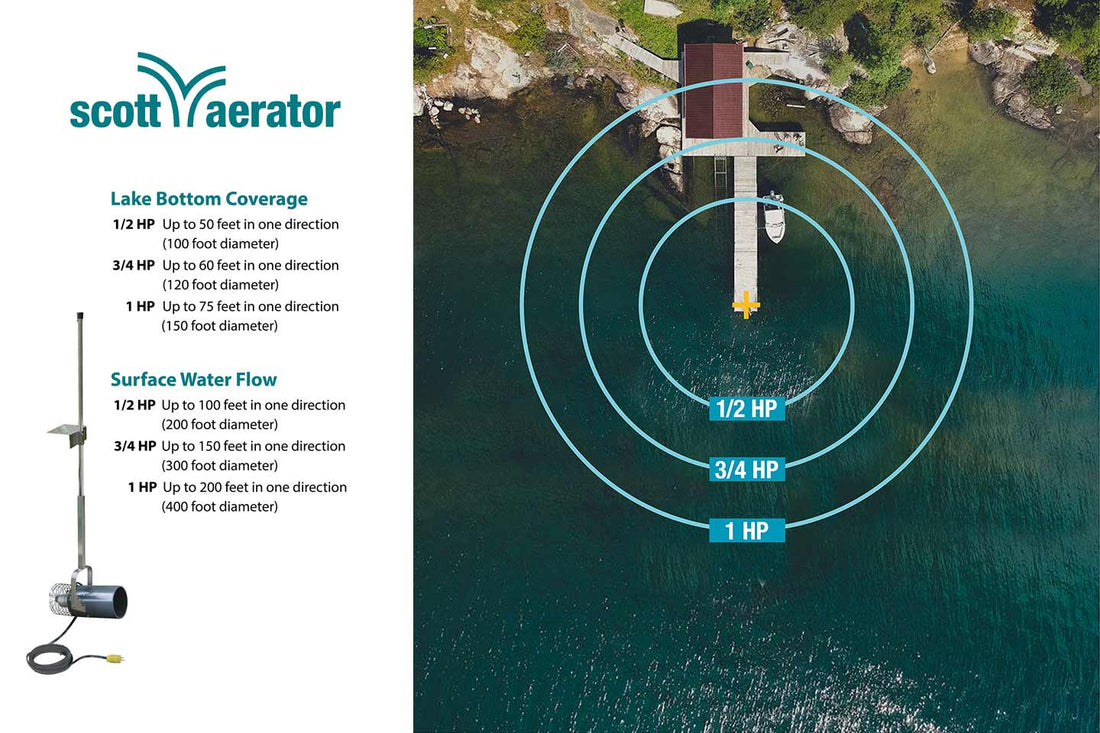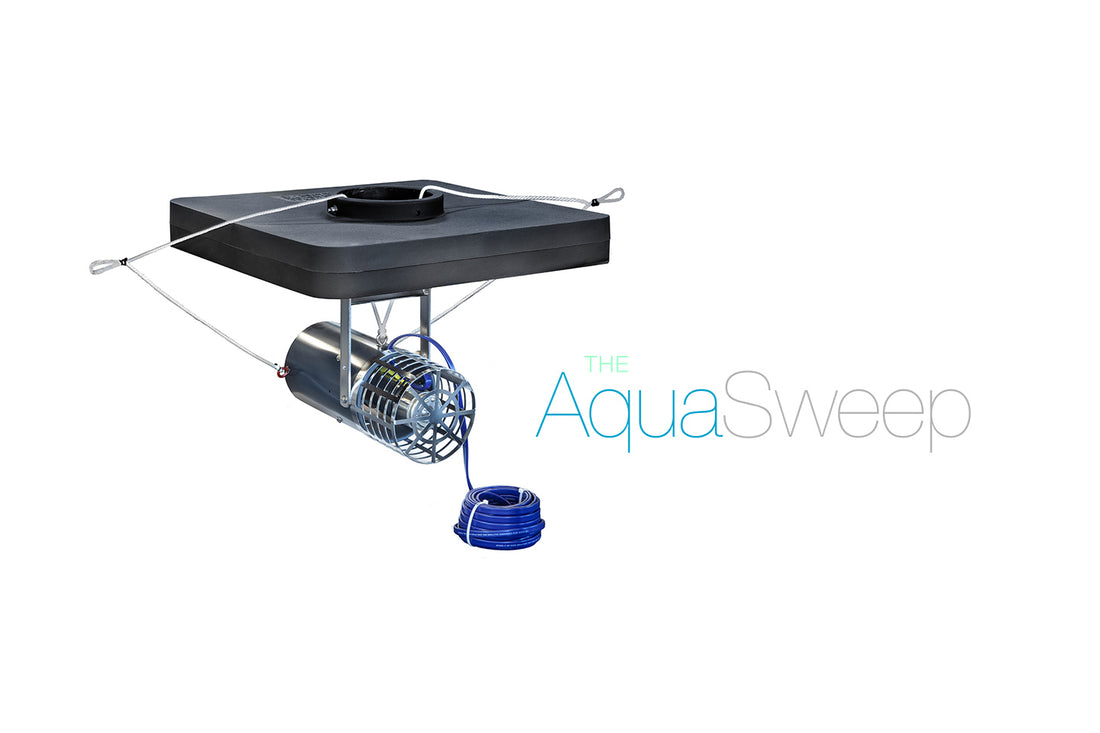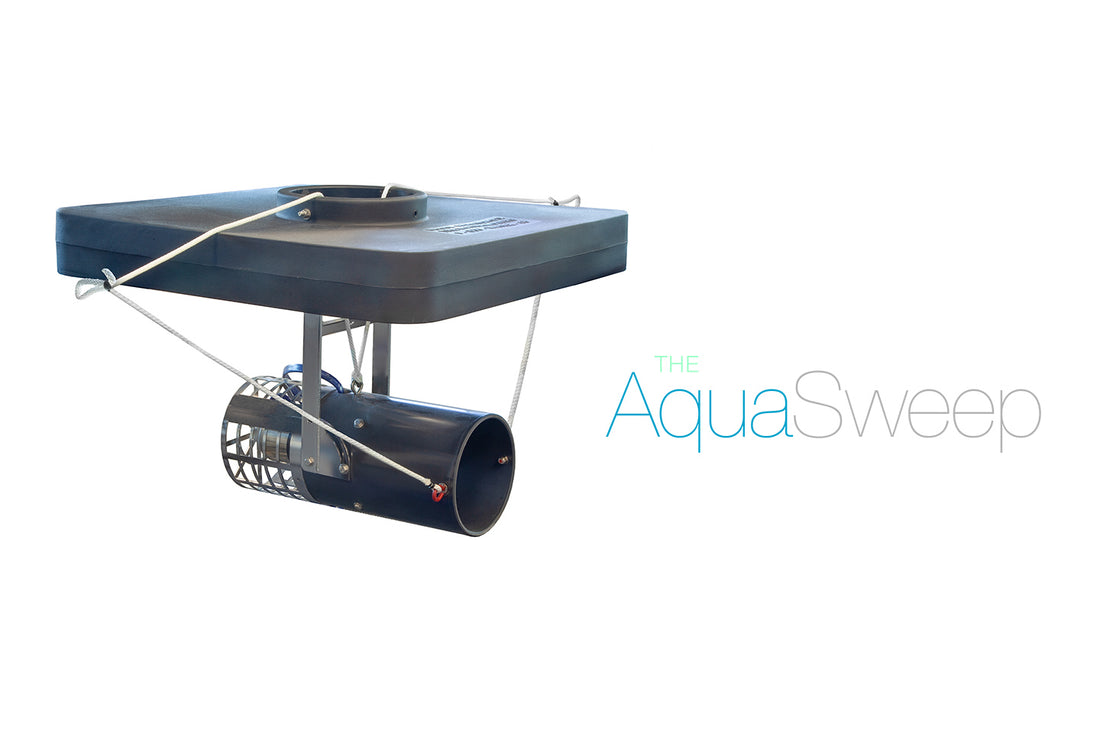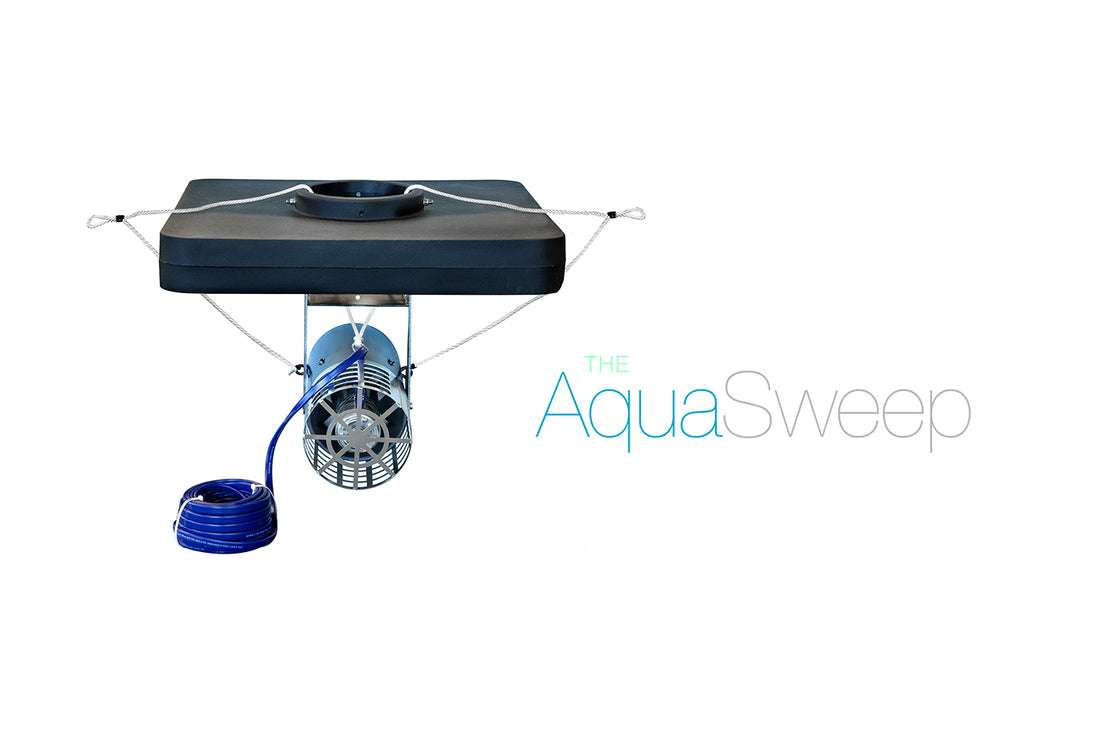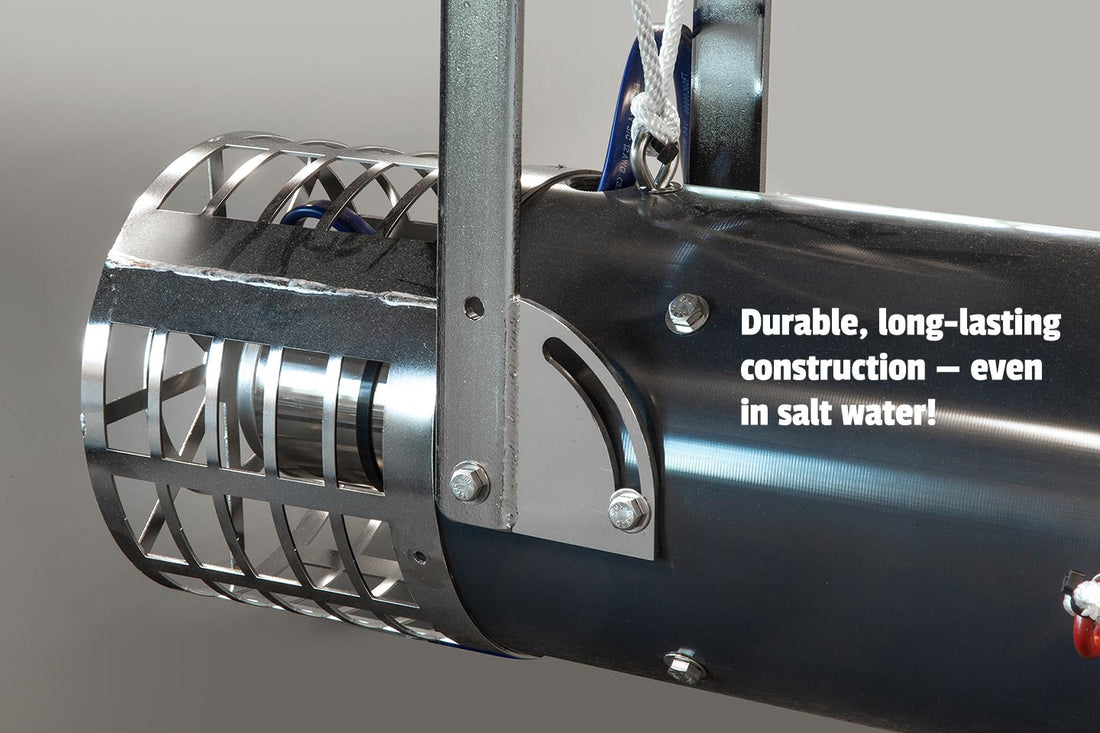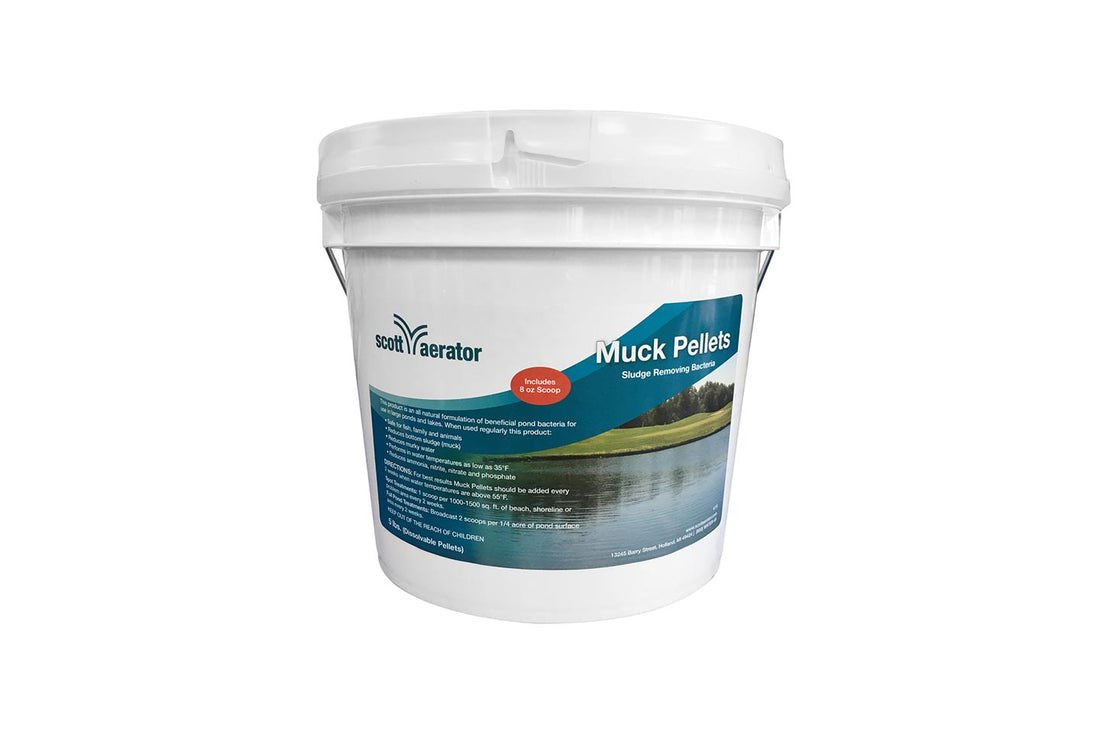

Scott Aerator Muck Pellets
$79.95
- Reduces muck in ponds
- Reduces sludge build-up from organic decay
- Breaks down and eliminates animal waste
- Eliminates murky water from organic waste
Get to the root of any lake or pond weed problem! With innovative, durable Scott Aerator Company tools, you’ll be able to:
Product Details
Our Scott Aerator Muck Pellets for ponds and lakes reduce undesirable muck, eliminate organic build-up, reduce sludge on the pond or lake bottom, and improve water quality overall. It also reduces disease risk for fish. Our Muck Pellets offer a convenient, cost-effective solution for treating municipal ponds, farm ponds, industrial lagoons, and both commercial and residential ponds and lakes. Great for cold-water ponds too. The tablets are particularly effective for treating the bottoms of ponds and lakes by slowly releasing seven beneficial bacteria.
Each tab contains 100% safe, natural ingredients. No harmful binding agents or chemicals are used!
Scott Aerator Muck Pellets for Large Ponds and Lakes:
- Reduces muck in ponds.
- Reduces sludge build-up from organic decay.
- Breaks down and eliminates animal waste.
- Eliminates murky water from organic waste.
- Reduces odor from decay.
- Reduces toxic ammonia from pond water.
- Reduces problem-causing nitrate and phosphate.
- Can be used any time of the year.
- Is safe to use with all Scott Aerator products.
- Comes packaged in five or ten pound re-sealable pails.
- For lakes and large ponds, use five pounds per surface acre every two to four weeks. A five-pound jar will treat one surface acre of water, assuming an average depth of 5 feet.
Talk to an AIS expert now!
Connect with an AIS expert now!
Enter your question below and we will get back to you as soon as possible.
